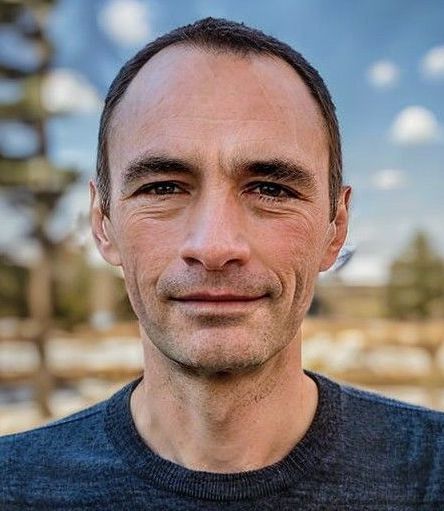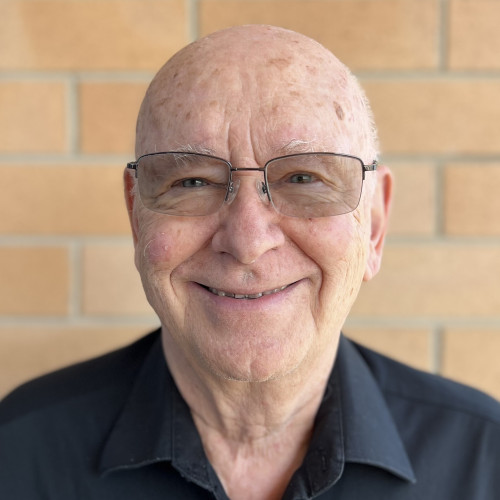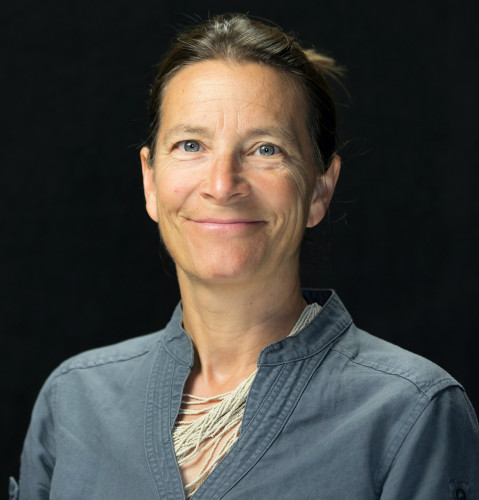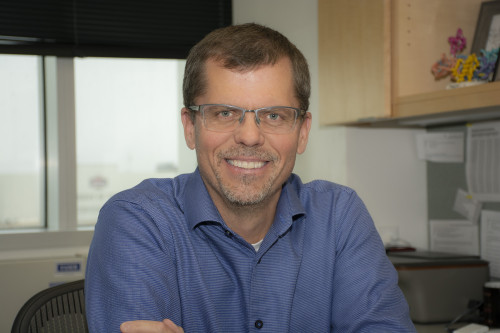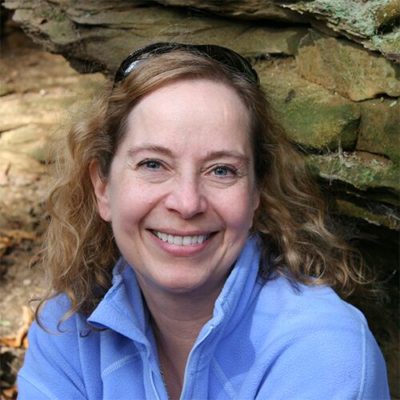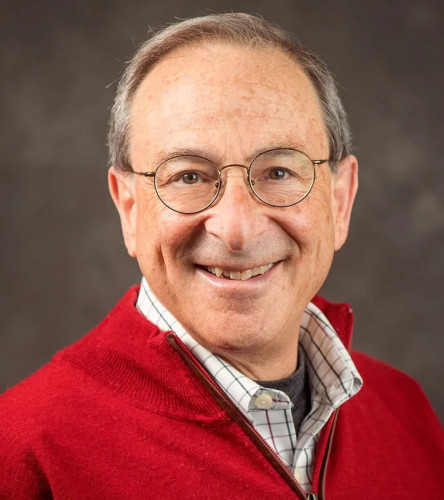Eight UW Researchers Elevated to AAAS Fellows
Eight University of Wisconsin–Madison scholars have been elected fellows of the American Association for the Advancement of Science, the world’s largest general scientific society.
This year, 502 scientists, engineers and innovators were chosen from the AAAS membership to be AAAS Fellows. The honor, presented annually since 1874, recognizes efforts to advance science and society, with the fellows chosen to reflect the highest standards of scientific integrity and professional ethics.
“As we celebrate the 150th anniversary of the AAAS Fellows, AAAS is proud to recognize the newly elected individuals,” said Sudip S. Parikh, AAAS chief executive officer and executive publisher of the Science family of journals. “This year’s class embodies scientific excellence, fosters trust in science throughout the communities they serve and leads the next generation of scientists while advancing scientific achievements.”
The new class of fellows will be featured in the April issue of the journal Science, and each new fellow will be celebrated at a September event in Washington, D.C.
In addition to the new fellows, UW–Madison psychology professor Morton Ann Gernsbacher was elected this spring to serve a second, four-year term on the AAAS board of directors.
Included in the 2023 class of AAAS fellows are:
Jean-Michel Ané, Biological Sciences
For distinguished contributions to the field of beneficial plant-microbe interactions, particularly understanding the signals that maintain soil quality for environmental sustainability and reduced costs for food, feed and biofuel production.
Vernon Barger, Physics
For seminal work in studying fundamental particles at colliders and leadership in particle phenomenology, where theory meets experiment.
Katrina T. Forest, Biological Sciences
For distinguished contributions to the field of structural microbiology, particularly using protein crystallography to understand bacterial interactions with hosts, with each other and with light.
Simon Gilroy, Biological Sciences
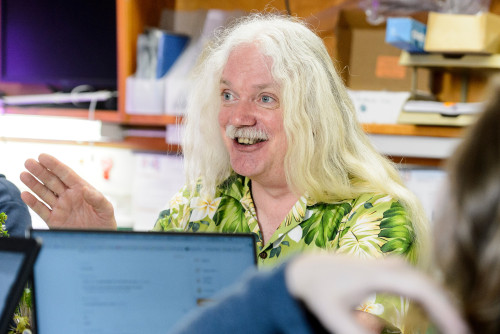
Simon Gilroy, professor of botany Photo: Bryce Richter
For distinguished contributions to the field of plant biology and signal transduction, especially for research into sensing gravity, stress responses and growing plants in space, as well as for education and outreach.
James Keck, Biological Sciences
For distinguished contributions to the field of genomics, DNA replication and repair and protein chemistry, particularly in uncovering the many proteins and their role involved in DNA replication and repair.
Sissel Schroeder, Anthropology
For distinguished contributions to the field of archaeology, particularly for our understanding of the precontact Indigenous societies of the American Midwest.
Brad Schwartz, Medical Sciences
For distinguished contributions to the field of hematology, in particular in treating disorders of protease cascades, and for outstanding leadership and administrative services, including initiatives to increase diversity.
Jue “Jade” Wang, Biological Sciences
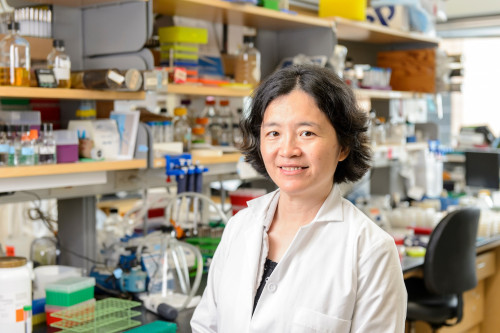
Jue “Jade” Wang, associate professor of bacteriology Photo: Bryce Richter
For distinguished contributions to the field of stress-signaling nucleotides and transcription-replication conflict in bacteria.


